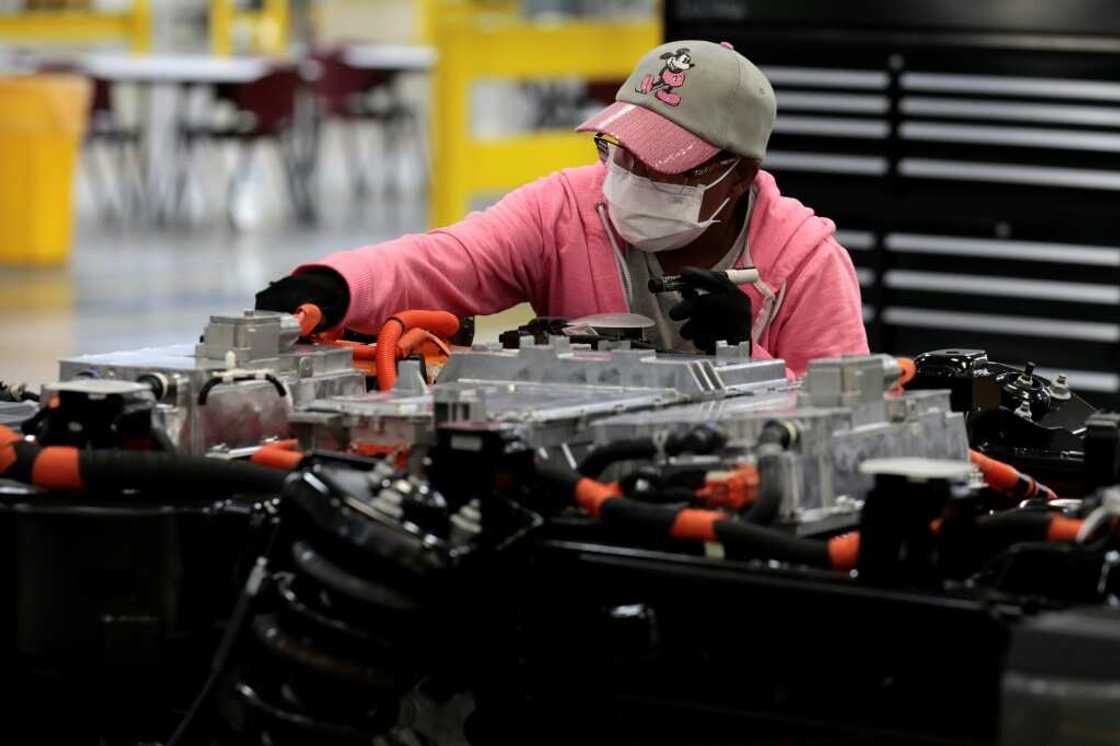US manufacturing sector weakens on easing demand: survey

Source: AFP
US manufacturing activity contracted for a second month in December, remaining at the lowest levels since May 2020 as new orders and production slipped, survey data showed Wednesday.
The world's biggest economy has been squeezed by decades-high inflation, prompting the central bank to raise interest rates multiple times in an all-out campaign to ease demand and rein in cost increases.
While the domestic economy has largely held up, there are growing signs the Federal Reserve's policy moves are rippling through sectors -- adding to broader factors like slowing global activity.
The Institute for Supply Management's (ISM) manufacturing index dipped 0.6 points to 48.4 percent in December, according to data released Wednesday.
This was similar to analyst expectations, and the reading remains firmly below the 50 percent threshold indicating growth.
The manufacturing Purchasing Managers Index also remains at its lowest level since the coronavirus pandemic recovery began, said ISM manufacturing survey chair Timothy Fiore in a statement.
PAY ATTENTION: Follow us on Instagram - get the most important news directly in your favourite app!
The latest reading "offers more evidence that the days of heady growth are behind us," said economist Oren Klachkin of Oxford Economics, adding that a pandemic-driven hot streak in manufacturing ends this year.
"Tighter financial conditions and a weaker labor market will cramp domestic goods demand, and the strong greenback and soft external demand will weigh down exports," he added.
For now, ISM's Fiore said with respondents "reporting softening new order rates over the previous seven months," December's index reflects that companies are slowing their output.
The new orders index remains weak, data showed, and the production index fell into contraction.
While supplier deliveries has improved, "companies continue to judiciously manage hiring," Fiore added.
The employment index has picked up, but many firms confirm that they are still managing headcount through hiring freezes, employee attrition and layoffs, the report said.
"Customer demand continues to be depressed," according to a survey respondent in the chemical products sector.
"While 2023 pipeline is looking very positive, current demand is significantly down," the firm added.
Other participants reported skilled labor shortages and continued uncertainty in the economy.
Source: AFP




